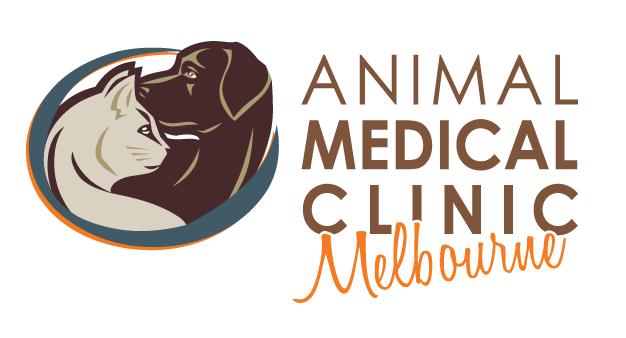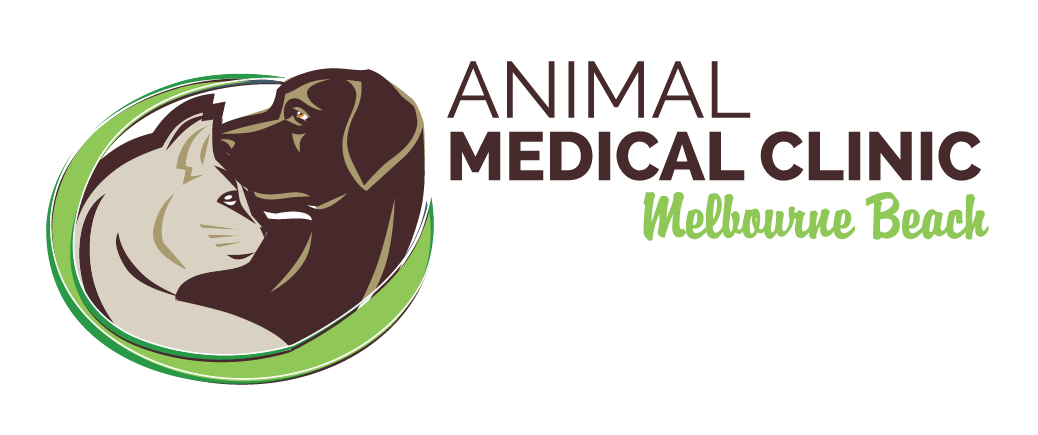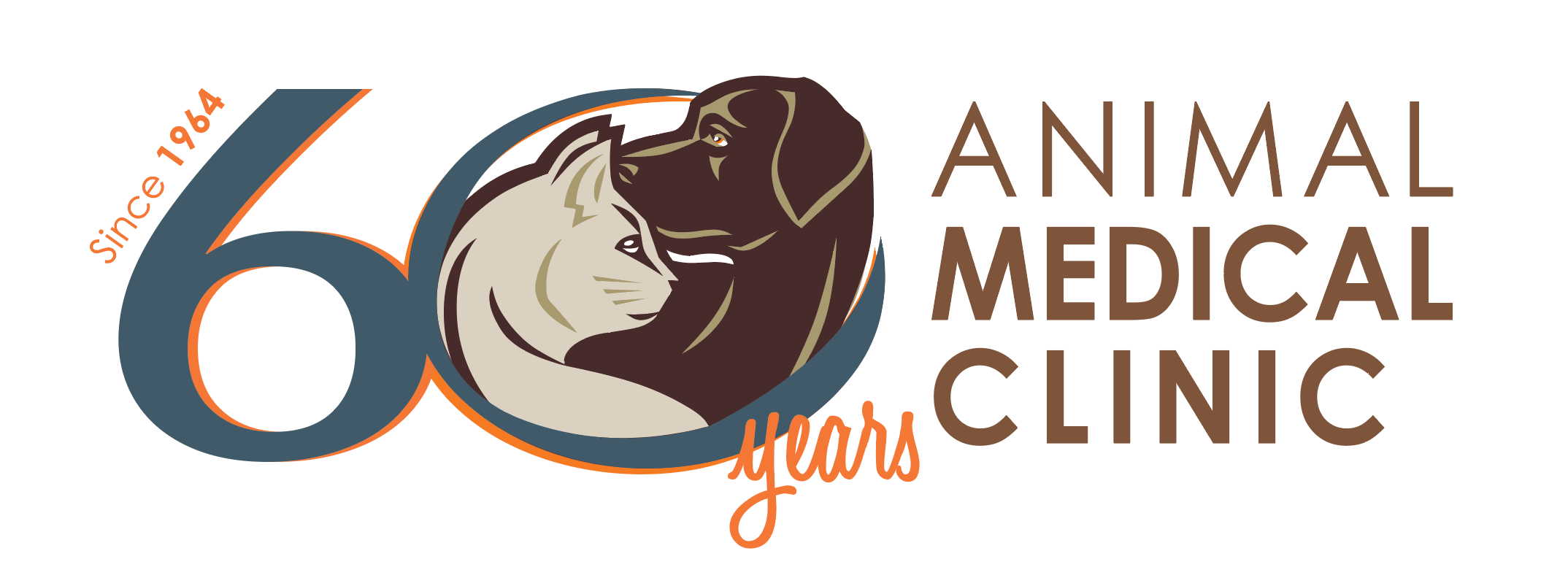Orthopedic surgery is a broad term for surgical repair of the bone or joint. A canine that has broken or fractured a bone due to trauma, or one that is suffering from a congenital condition that affects the joint, may require orthopedic surgery. Orthopedic surgery is often the most effective procedure for correcting an affected bone or joint and returning the patient to a normal state of health. Orthopedic surgery requires a great deal of recovery and rehabilitation time, plus the cost of surgery itself can be high.
Drs. Godwin, Joiner and Klimas perform a lot of orthopedic surgery here at Animal Medical Clinic. Some of the most frequent orthopedic conditions and injuries we treat include:
- Cranial Cruciate Ligament tears
- Elbow dysplasia
- Hip dysplasia
- Patella luxation (‘floating kneecap’)
- Dislocation
- Fractures
- Paw injuries
- Arthritis
Orthopedic surgery usually requires a lengthy recovery and rehabilitation period following surgery. A dog that has undergone orthopedic surgery will require several weeks of exercise restrictions. They will not be allowed to run or engage in any other types of strenuous physical activity, which requires constant monitoring from the pet owner. Physical therapy may be recommended.
Limping or lameness often occurs after a condition has progressed, but unfortunately is, at this later stage, what catches the attention of most pet owners. Symptoms of orthopedic problems may also include:
- Muscle wasting (atrophy)
- Pain
- Lack of interest in exercise
- Favoring one side of the body or limb
- Loss of balance
- Tenderness
- Swelling
- Changes to gait
Because many skeletal, muscular, and joint conditions can result in lameness and other serious symptoms, it is important to have your four-legged friend examined if he or she is exhibiting these signs. By intervening with treatment early, you may avoid unnecessary pain and/or the need for surgery.



